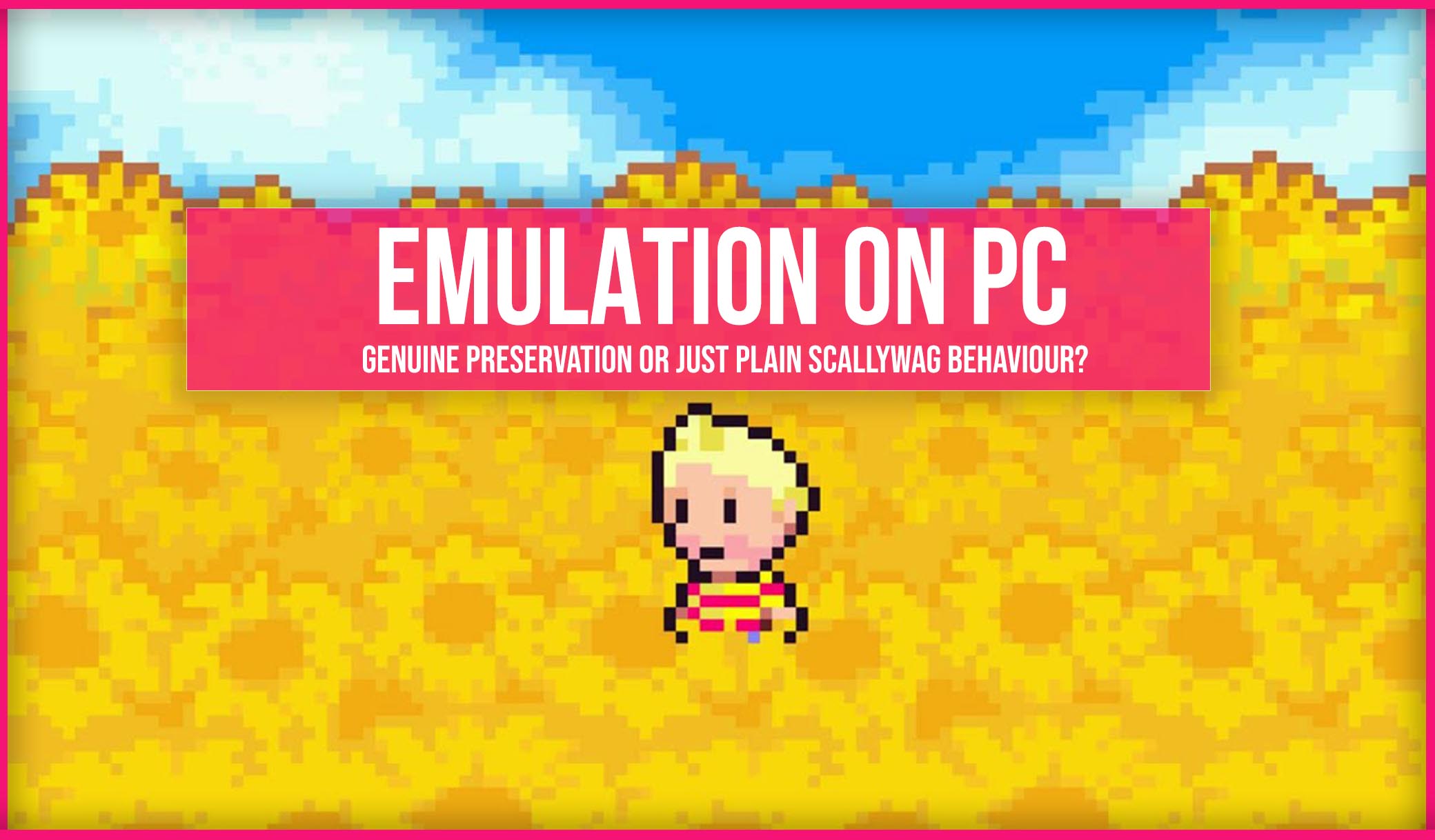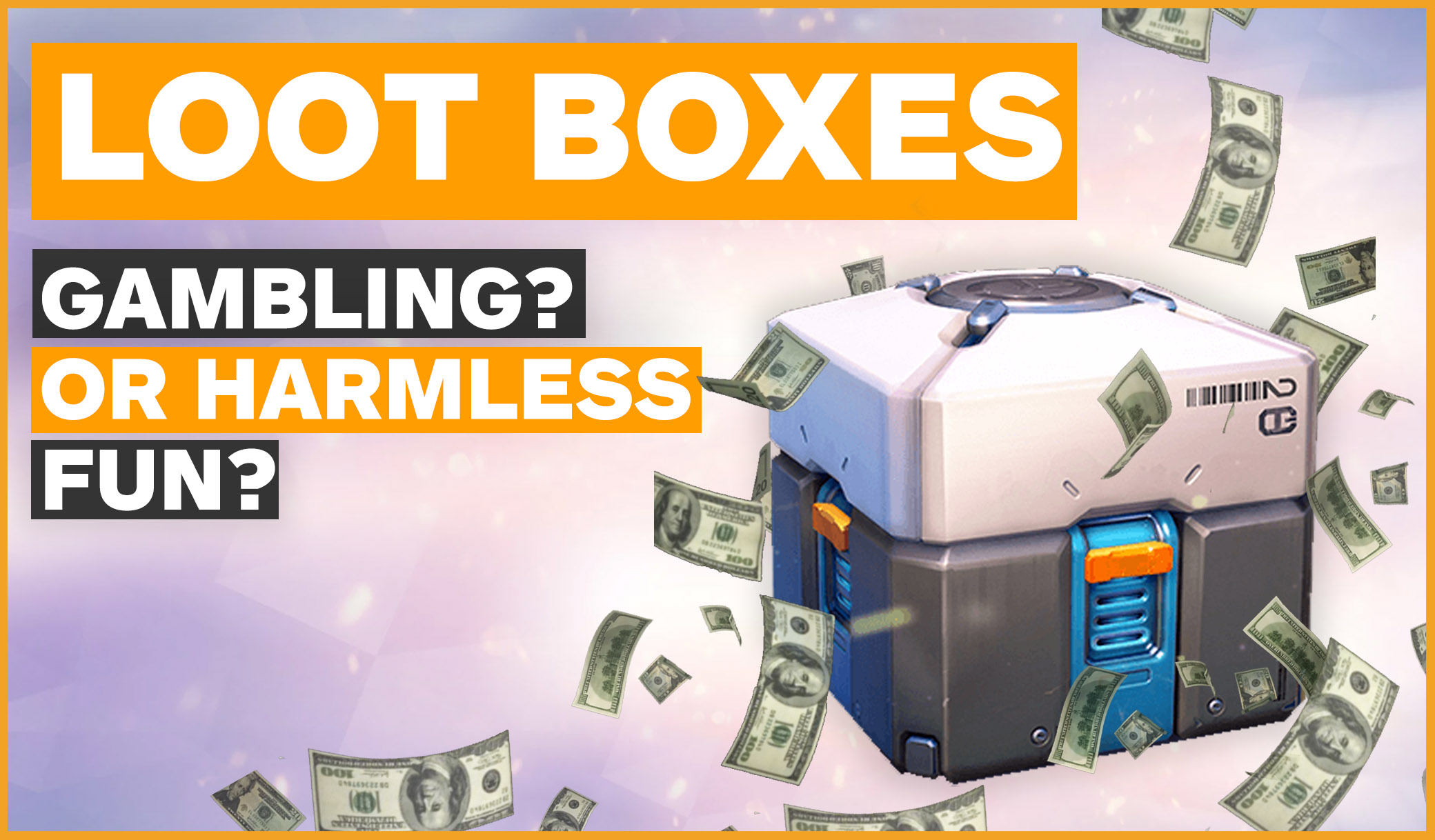For today’s blog post, I wanted to join the seemingly endless discourse surrounding the pros, cons and ethics of video game emulation. While exploring the topic often creates more questions then answers, I thought it might be worth divulging into after what’s currently transpired within the gaming landscape.
As of about a month ago, a few attentive individuals with insider information received word that Sony would be shutting down the PS3 and PSP digital stores in the winter. Sony soon confirmed the rumours, sending out a mass email to users. Upon community backlash, the industry juggernaut would soon revert their decision. As of currently the stores remain up. But spectators of the situation like myself, are asking ourselves just how much time exactly has Sony bought themselves?
Had the store take down occurred, a ton of digital only games would simply disappear, with no legitimate way to play them ever again. Thus, the community uproar. We’ve seen this happen in the past too, prior to digital stores being a thing. Physical games that only sold a handful of copies or were limited in their production run, are seen as valuable collectables for serious gaming hobbyists. With no legitimate alternatives to be able to experience them, it’s either fork over $4000, or you’re not playing it. And regarding digital stores, as soon as they go offline, you’re not playing most of those PSN exclusives ever again either.
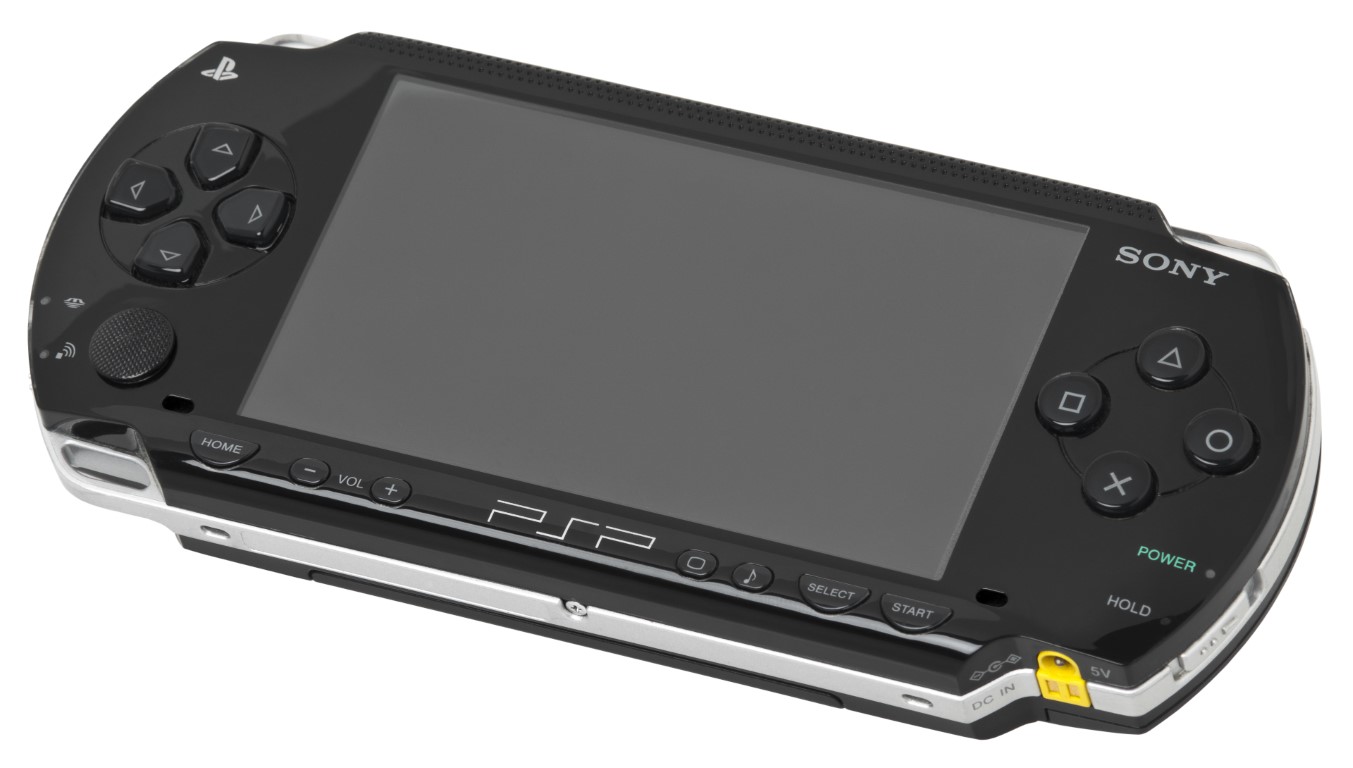
So when issues like this occur, some turn to emulation.
This means squiring a game in the form of an ISO or ROM file via PC. You then can play them through executable programs that emulate the properties of the consoles that the games had originally featured on. Often, one camp views the practice as dastardly, scallywag behavior, performed only by the lowest life e-pirates. Nintendo for example, have become very well known in the online space for aggressively chasing down and terminating not only websites that host video game emulators, but also fan created games that liberally borrow assets from the company’s extensive game library.
Video game piracy is a legitimate problem in the industry.
However, there’s a bit of a difference between outright piracy, and emulation. And there’s more to the argument than simply “emulation bad”. See, there’s another camp that vehemently defends the act, and they certainly have a point too. Claiming that emulation is a way of genuinely preserving video games that would otherwise disappear into the nether as we enter an increasingly digital age of play.
Consider arcade games for example. As that scene has heartbreakingly continued to die in popularity, many machines and cabinets have simply disappeared. So, should you want to play The Lost World: Jurassic Park aka. the only good Jurassic Park game, you’re out of luck my friend. The few cabinets of this still around will sell for thousands of dollars in a niche market cornered by hardcore enthusiasts who live and breathe the machines. For the average Joe, the means of experiencing this game and others like it, is simply out of reach.
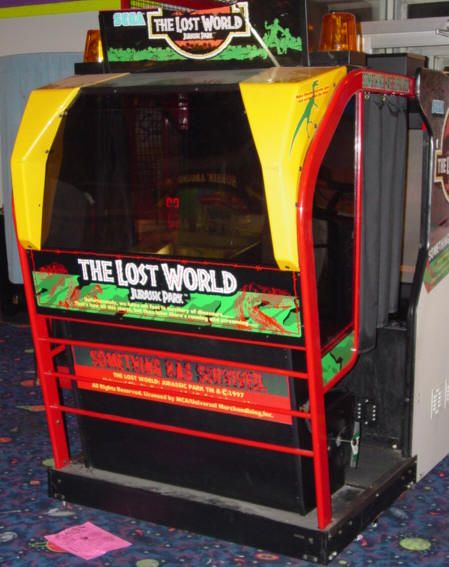
That is of course, unless you emulate it.
For some older games, emulation remains the only viable way of experiencing them. Many have long since become wrapped up in a slew of licensing issues and copyright red tape. The consequences being that they’ll likely never see an official port to PC or consoles ever. Another classic example of a game abandoned on old hardware, is Mother 3. The long-awaited third installment in the Mother franchise was released as a Japan exclusive in 2006. This was heartbreaking news for fans of the series that had been waiting for the next game since 1995 after playing Mother 2/Earthbound. Currently, the only way western fans can experience the game is via an English translation patch applied to a ROM, played via a Game Boy Advance emulator. Which is where we run into a bit of an ethical dilemma.
Frustratingly, it’s also not clear if we here in Australia get the a-okay to rip a ROM image from a video game you legally purchased and own yourself. Regardless, no one who has played this English version of Mother 3, obtained it via traditional means. Downloading it is no different from downloading a television show or movie via torrent. However, Mother 3 also happens to be one of the greatest games ever made. And due to fans efforts, the west was able to finally experience the game. The experience surely deeply affecting the lives of at least some people who engaged with it.
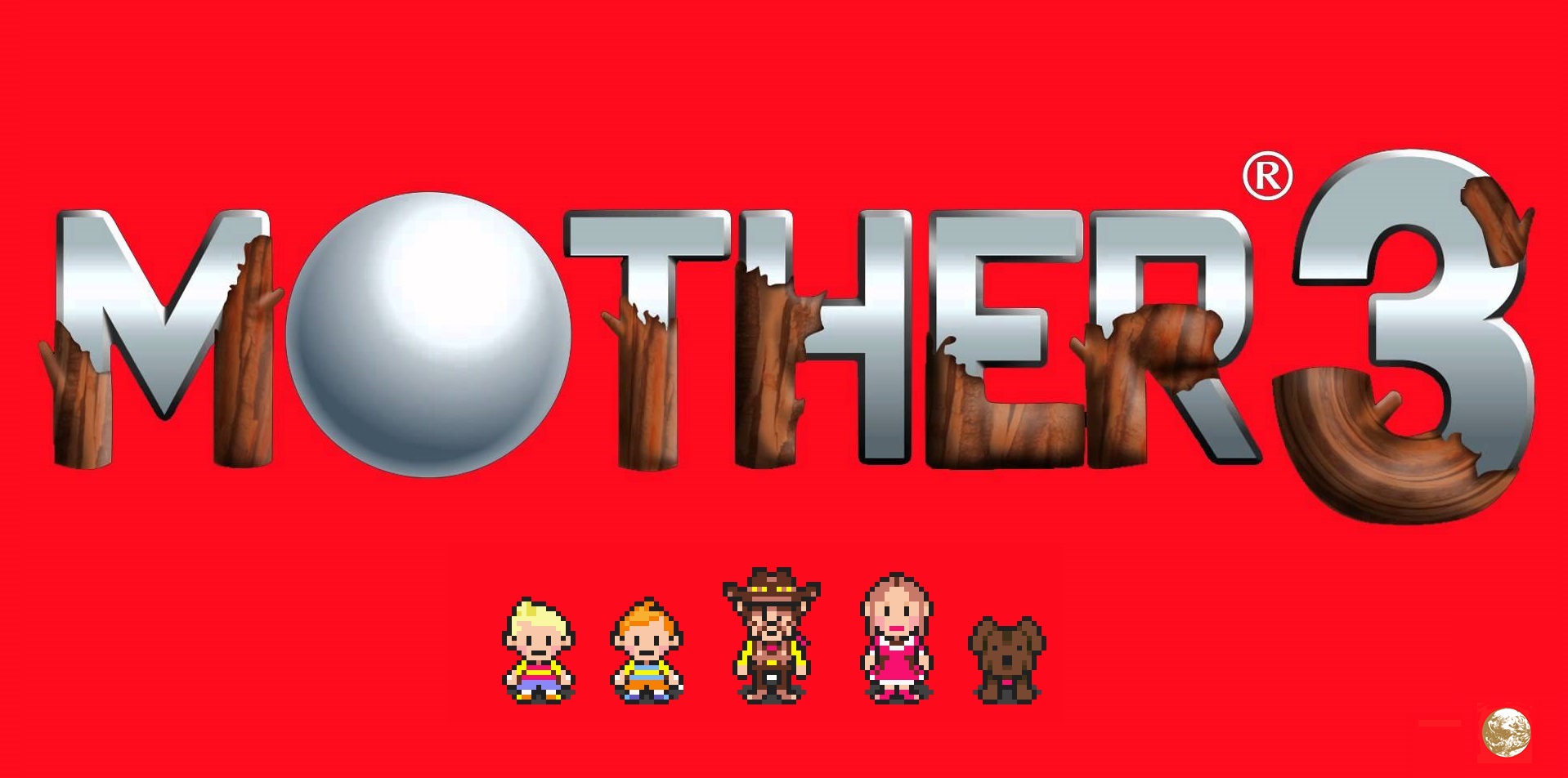
So, what is ‘correct’ here?
Do the legality issues of the game supersede the hours of enjoyment that people all over the world had with this game? Considering it will likely never receive a port to any modern console in any region (even Japan) anytime soon, are people well within their rights to experience it via whatever means possible?
It’s hard to say, but I do think the preservation of video games is important. The idea that a game like Mother 3 would just disappear to time is an upsetting one. Thankfully, and for as absurd as it sounds, video game museums are establishing themselves as legitimate institutions around the world. “The Nostalgia Box” based in Perth, Australia is one of the many examples of businesses who pride themselves on collating copies of old video games and their respective consoles to share with their patrons. Displaying them within their museum to educate the next generation about the medium’s history. Others are going above and beyond to collate both copies of and data about each and every video game and console ever produced.
And as the medium grows larger with each passing year, it’s all the more paramount that we acknowledge it’s origins, especially as we continue to push further into a digital and cloud-based society, where more and more video games are fading into obscurity.
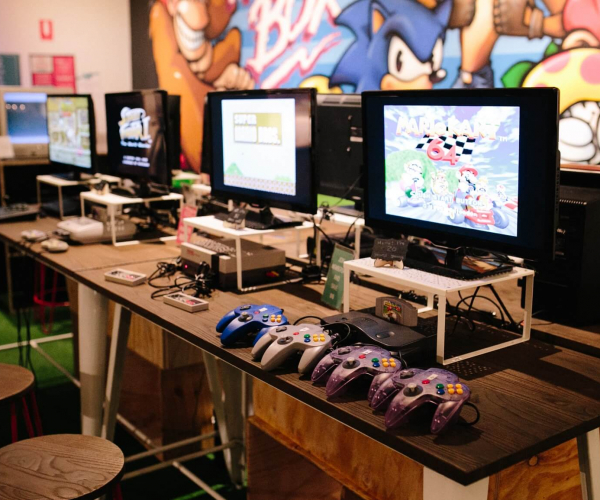
So what’s the final verdict here?
I’ll have you know I’m very comfortable sitting right here on this fence in the middle. Just watching you all squabble from my morally superior high ground. Not of course, because I’m scared of the ramifications for advocating 100% for either side. You see I merely embrace my weasel-ness. What I will say though, is that you shouldn’t emulate games just because you don’t want to pay for them. Especially if there are legal means of obtaining them for a fair price via a business or reseller.
That being said, if there is no other conceivable way to be able to play some of these older games that have been lost to time, that will never ever receive an obtainable way to play these games, emulation might be worth looking into.
So what did you think?
Are you all nodding your head in agreement? Do you think I haven’t a clue what I’m talking about? Let me know in the comments below! Also, If you enjoyed this long-form type of post, feel free to check out more of them here, or check out some of our other content over on our YouTube Channel.
